5 Trail-Blazing Businesswomen

A woman’s place is in the executive’s office, but that wasn’t always possible. These five businesswomen started chipping away at the glass ceiling in the 1700s and paved the way for the many powerful women in business today.
1. Eliza Lucas Pinckney (1722-1793)
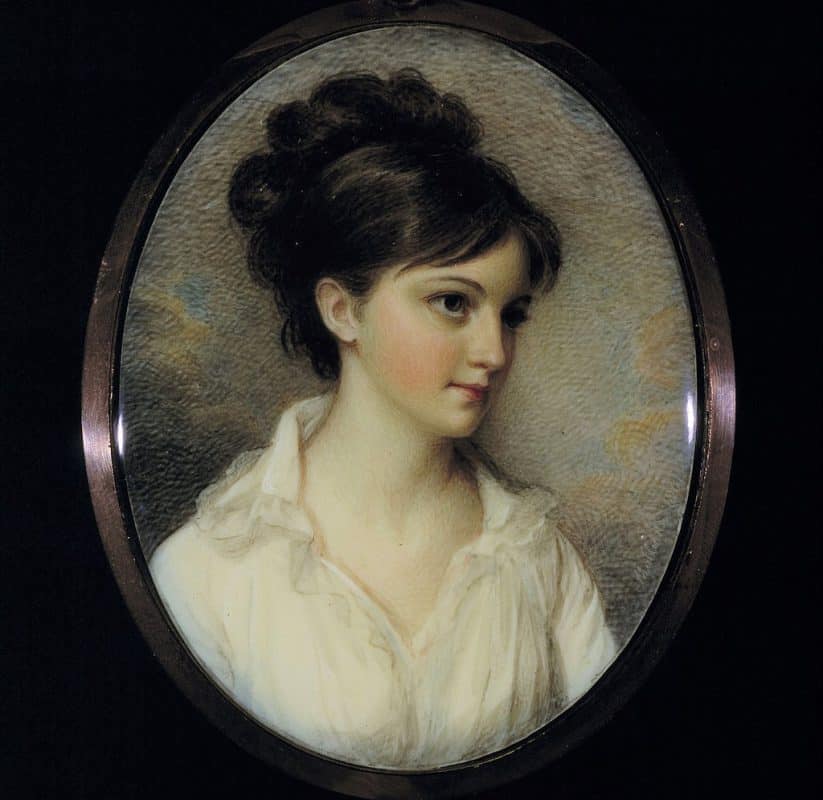
Image via Gibbes Museum of Art
Eliza Pinckney got an early start at management at the age of sixteen, operating her family’s South Carolina plantations due to her father’s naval deployment and her mother’s death. The desire for indigo can be attributed to Pinckney’s botanical experimentation with the foreign crop, which originated from Antigua; the blue dyeing plant was South Carolina’s second most profitable crop until the introduction of cotton. Although she was married in 1744, Pinckney didn’t have to trade her career for childrearing. She even dabbled in espionage during the American Revolution!
2. Maggie Lena Walker (1864-1933)
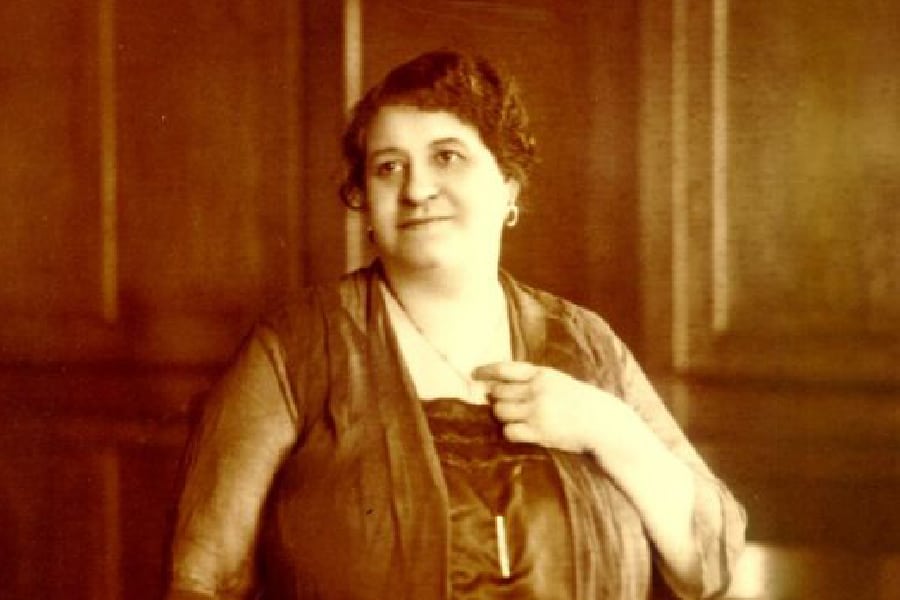
Image via National Parks Service
Maggie L. Walker made history as the first female bank president. And she was the first woman to charter a bank, regardless of race. Walker was long-time member and leader of the Independent Order of St. Luke, an African-American civil rights organization. When St. Luke’s faced financial crisis in 1903, she charted the St. Luke Penny Savings Bank, which saved the order from bankruptcy.
She championed Black financial independence, homeownership, and entrepreneurship. Walker’s legacy lives on to this day: the St. Luke Penny Savings Bank, now known as Consolidated Bank and Trust Co., is the oldest Black-owned bank in America.
3. Madame C. J. Walker (1867-1919)
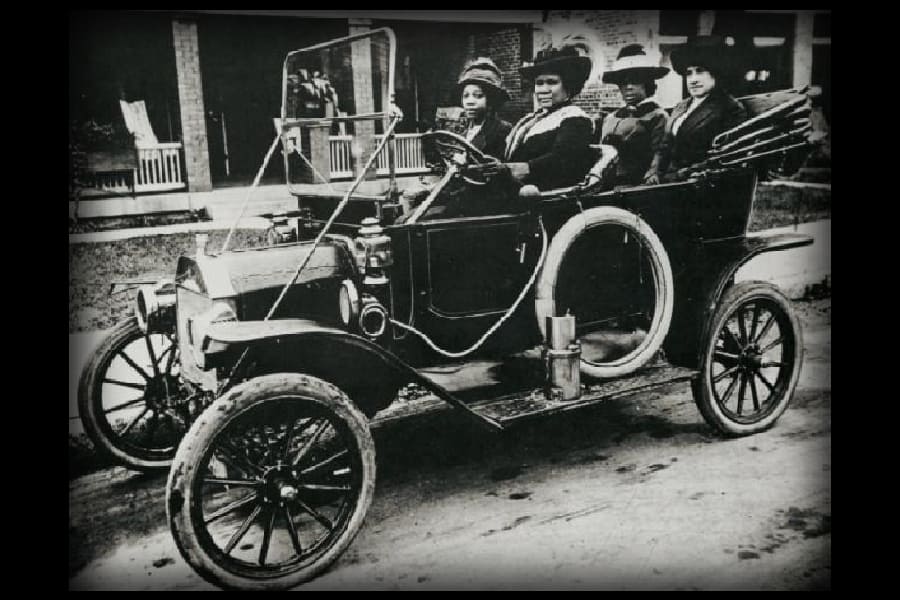
Madame C.J. Walker, born Sarah Breedlove, was born to former slaves in 1867. Walker overcame the boundaries facing not only African Americans, but Black women from entrepreneurial success; she is known as the first Black woman millionaire. Walker was among the first to create hair care products for African Americans. Her secret formula came to her in a dream, and “Madam Walker’s Wonderful Hair Grower” became the start of her empire.
Aside from wealth gained from her business and investments, Walker was known for her contributions to the civil rights movement: not only did she donate to the NAACP’s Anti-Lynching Fund, Walker also awarded $10,000 in scholarships to send young African American men and women to college every year.
4. Joyce Chen (1917-1994)
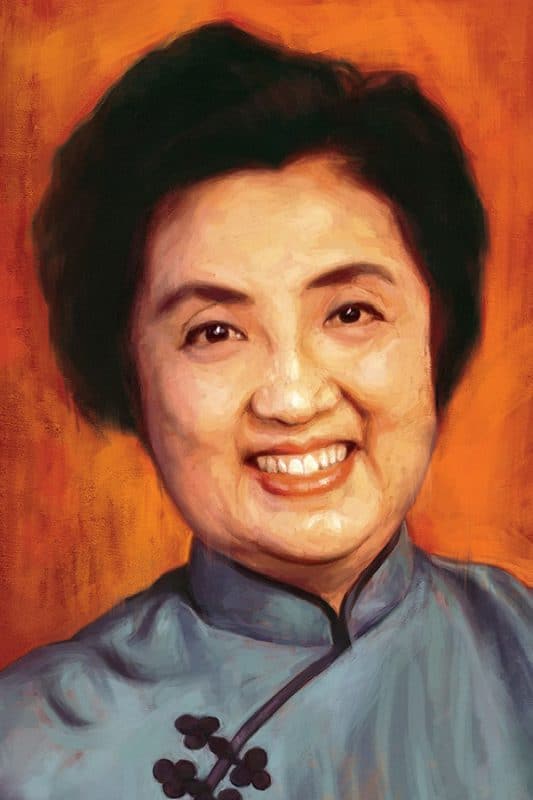
Image by Stephen Chen, CC
You can’t beat stir-fry cooking made in a wok. The flat-bottomed pan with tall, round edges is now a common fixture in kitchens across America—you can thank Joyce Chen for that. In addition to holding the patent for a stir fry pan optimized for the Western kitchen, Chen popularized northern Chinese style cuisine. Chen and her family fled communist China in 1949, and in 1958, she opened her first restaurant in Cambridge, Massachusetts. By 1973, she owned four restaurants and even had her own cooking show, “Joyce Chen Cooks”.
In 1971, Chen created kitchenware brand and later launched “Joyce Chen Specialty Foods”; her family markets her products to this day. She’s considered the Julia Child of Chinese cooking, and her contributions to American history have been celebrated by Asian-American chefs, her likeness in a series of celebrity chef stamps, and a feature in a New York Historical Society exhibit.
5. Sandra Kurtzig (1947 – )
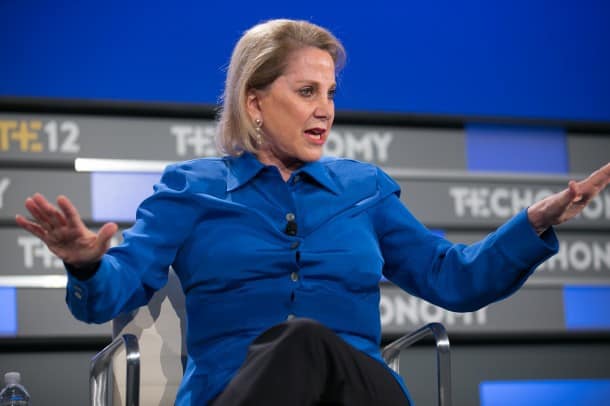
Image by Asa Mathat for Techonomy
Here’s a woman who shook up an industry largely considered to be a “boy’s club”. Sandra Kurtzig founded ASK Computer Systems in 1974. Like many other tech startups, the company’s beginnings were humble: Kurtzig had no help from venture capitalists, only $2000 to launch ASK, and a bedroom-turned-office to work from. After countless 20-hour work days, ASK released a manufacturing management program nicknamed “MANMAN” in 1978. Thanks to Kurtzig’s negotiations, MANMAN came pre-installed on Hewlett-Packard minicomputers, effectively putting their software on the market.
By 1983, Kurtzig was worth $65 million, and in 1992, ASK was raking in $450 million. This technology trailblazer is still in the game today, as Chairman of the Board of Kenandy Inc. What started as a part-time job ended up making Sandra Kurtzig Silicon Valley’s first multimillion software entrepreneur, cementing her place in history.
Featured image via The Morning Call
Last modified on January 9th, 2018



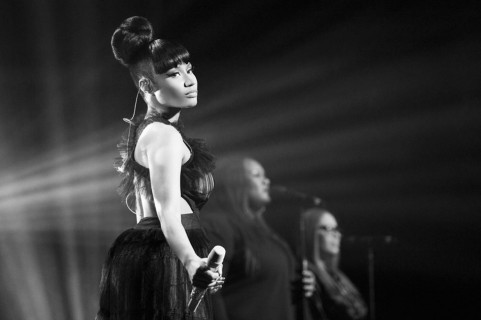
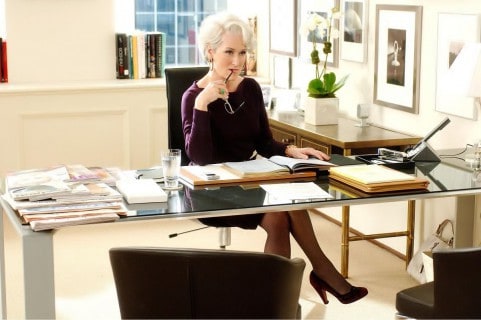

Show Comments +